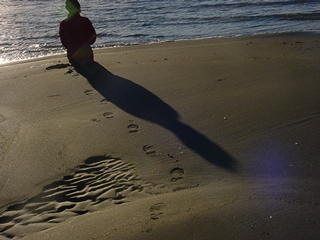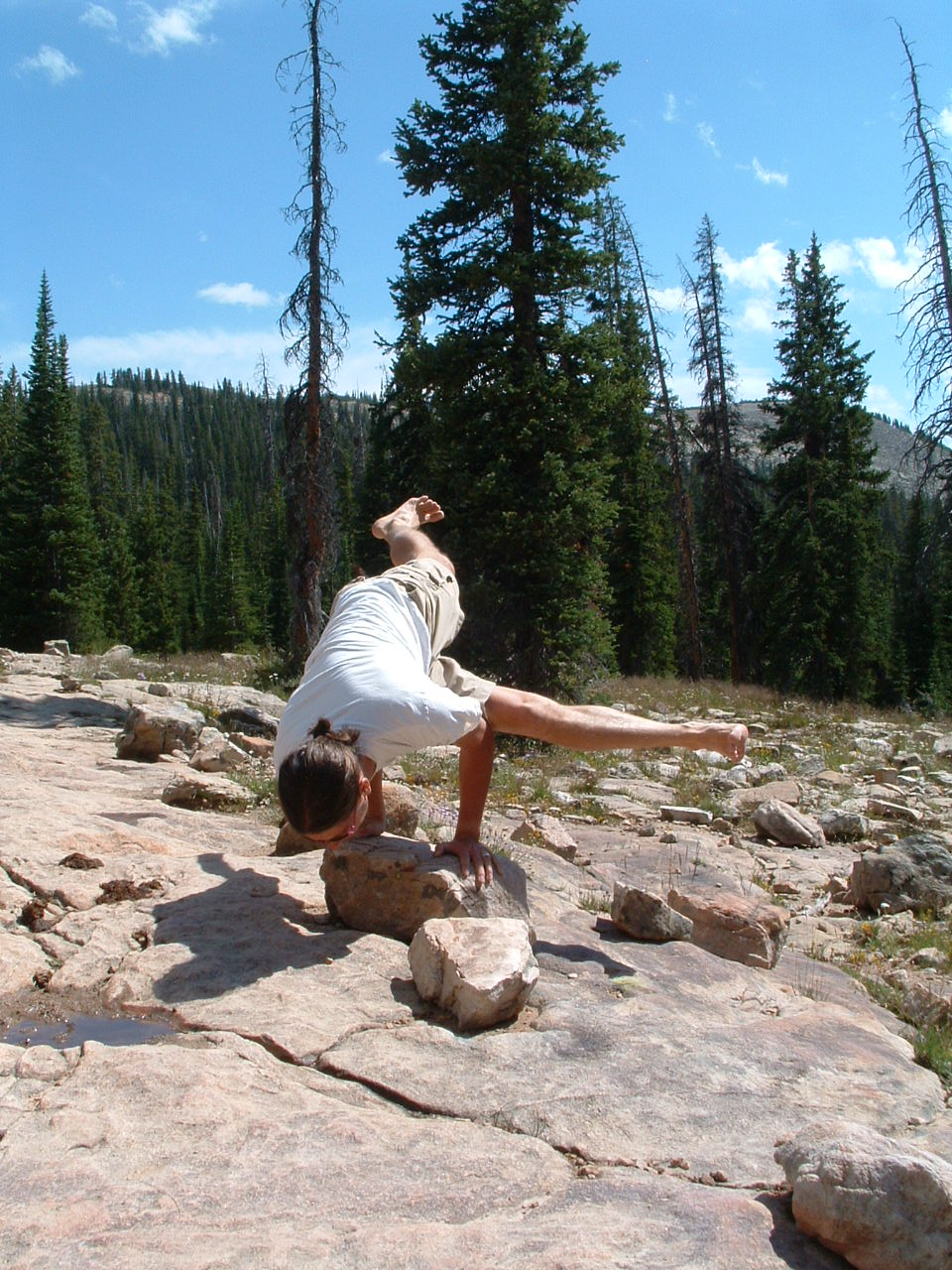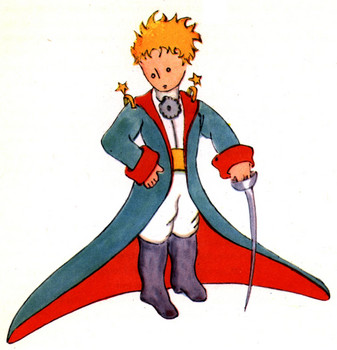
Yoga Sutra 1:2 Yoga citta vrtti nirodhah. Yoga is the cessation of fluctuations of the mind.
One of our principle objectives in yoga is to practice mindfulness. Mindfulness is awareness. We can practice mindfulness while doing almost anything: walking your dog, riding your bike, practicing yoga, or just sitting.
Getting quiet and drawing in to stillness is necessary for any good work to happen. It's this quietness, this stillness, that allows the busy waters of our mind and emotions to settle enough for us to see what's down in the depths our being.
When we find this True Self, our work becomes effortless because we no longer feel that we are trying to affect anything from a personality we've conjured from a pretense. Rather, our work generates from this deep relationship with who we truly are. Our work is simply an extension of our deeper selves, the self that knows everything.
Our work, our medium is, as one good friend says, the loudspeaker of the soul.
To find this voice, we get quiet.
Can I suggest a stillness challenge? Give yourself 10 minutes of meditation each day this week. Devote a time, lock the door, turn off your phone, let your family members and pets know that you are having some alone time and even set a timer. Start with 10 minutes and if it feels incredible, go longer.
Here are a few simple ways to practice:
There Is Practice
Simply sit, close your eyes, and acknowledge what you sense, all of your senses. Without value or judgment, simply state what you are experiencing. Rather than identifying with the pronoun "I" simply say in your mind, "There is the sound of traffic, there is fatigue, there is worry, there is an incredible urge to rush to Hatch Family Chocolates and eat 40 pounds of truffles." You know, whatever thought, emotion, sensation occurs. Simply state what is. Try not to identify with it. Just watch it.
Count Your Breaths
Choose a number and count your exhales down from that number to zero. When you loose your place start back at that number. If you get to zero, start back at that or a different number. Keep you mind only on your breath. This is a deceptively difficult practice, I feel.
Mantra
Mantra means to transcend through the use of your mind. Simply find a phrase that means something to you, a scripture, a poem, some tidbit of inspiration, and repeat it in your mind. Words are powerful. You are your word.
Scott
Join my Facebook posse and see who else you know who does yoga.




